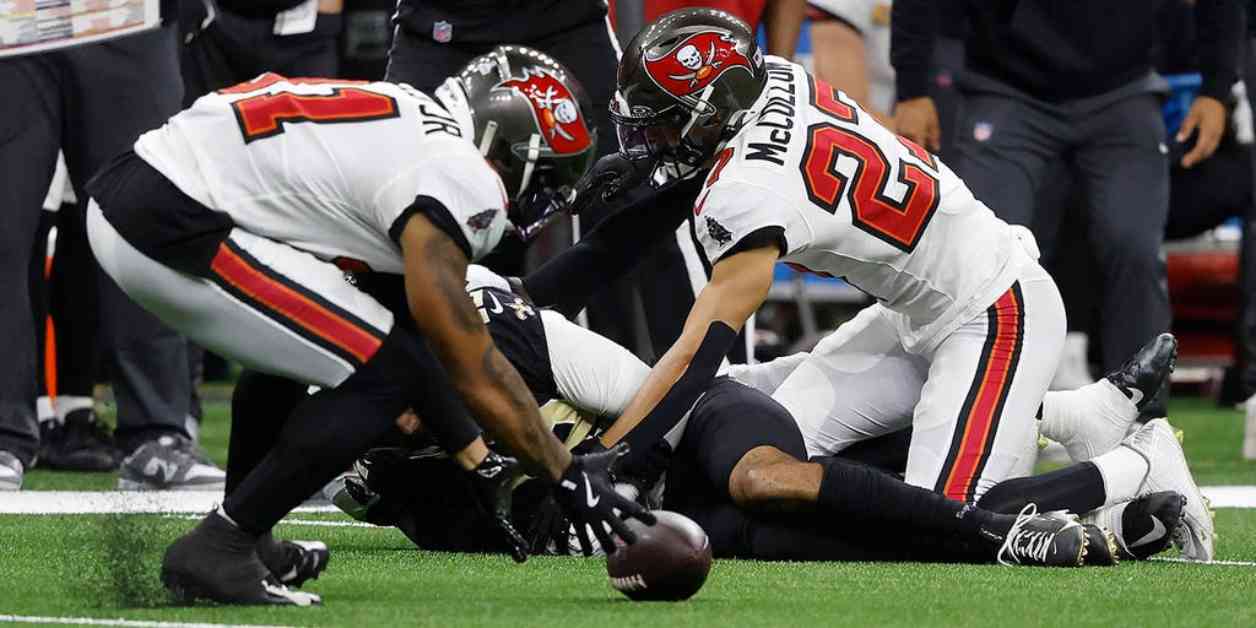New Orleans Saints wide receiver Chris Olave had to leave the game against the Tampa Bay Buccaneers after a hard hit from two defenders. Olave caught a short pass from quarterback Spencer Rattler, who was starting his first NFL game in place of Derek Carr. Defensive backs Zyon McCollum and Tykee Smith made the play on Olave, causing him to fumble the ball. Buccaneers safety Antoine Winfield Jr. recovered the fumble and scored a touchdown. Olave appeared disoriented as medical staff attended to him and helped him off the field.
Former Saints wide receiver Michael Thomas, the 2019 Offensive Player of the Year, questioned why there was no targeting penalty called when McCollum hit Olave to dislodge the ball. Despite Thomas’ concerns, no flag was thrown, and Tampa Bay took a 14-0 lead in the first quarter. Olave was later diagnosed with a concussion and ruled out for the rest of the game.
Olave, who had 22 catches for 275 yards and a touchdown in the first five games of the season, was also in the spotlight last week when his brother criticized the team for only targeting him once in the first half against the Kansas City Chiefs. The Saints lost that game 26-13.
The incident involving Olave’s hit and subsequent injury raises questions about player safety in the NFL and the enforcement of targeting rules. With the increasing awareness of head injuries and concussions in football, it is essential for officials to be vigilant in protecting players from dangerous hits.
As fans and analysts continue to discuss the impact of Olave’s injury on the game and the Saints’ season, it is crucial for the NFL to prioritize player safety and ensure that rules are consistently enforced to prevent unnecessary risks to players’ health and well-being.





















